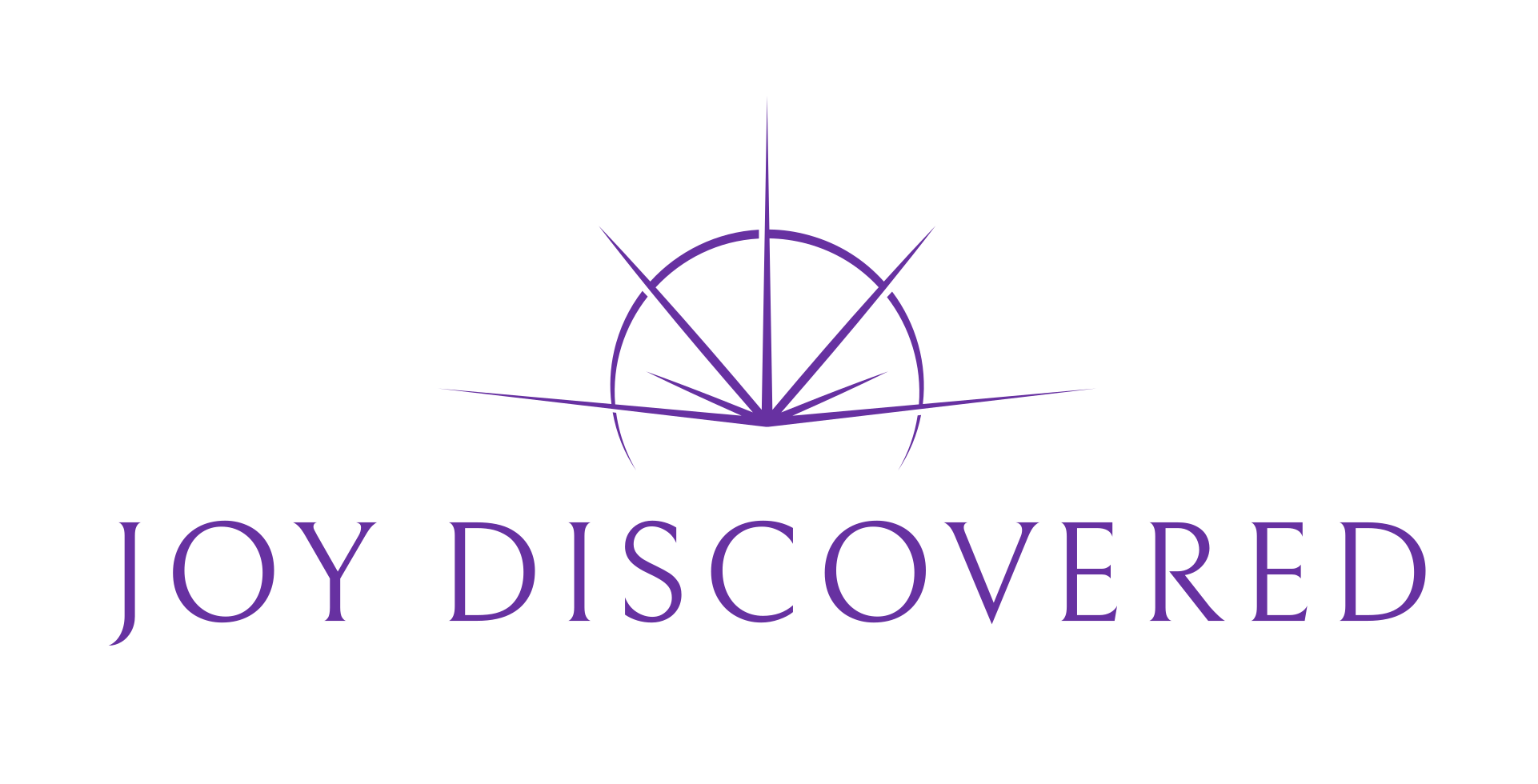How Can I Handle Defensiveness When Delivering Feedback?

Giving feedback is like crafting the perfect member or client experience—it requires care, thoughtfulness, and a little finesse. But what happens when someone isn’t quite ready to hear your helpful advice and gets defensive?
Here are 5 tried-and-true emotional intelligence strategies to handle defensive moments with grace, so you can use the learning opportunity for growth and accountability, all while keeping service smooth and seamless:
1) Approach as a coach who wants to help. (“Let’s figure this out together.” It’s me and you vs. the problem instead of me vs. you.)
2) Break the ice with a 1st person story where you’ve made a similar mistake in the past and what you learned from it. It reminds them that no one is perfect and we all make mistakes.
3) Remind them of your shared purpose so they know you’re on their side:
- We both want to hit our numbers this quarter so we can get our bonus.
- We both want to get out of here by 5pm tonight.
- We both want this membership event to go off without a hitch.
- We both want you to be successful here.
4) Focus on the situation, behavior, and its impact. Focus on the neutral facts and don’t make it about the other person being wrong or bad. Focus on the behavior instead.
5) Make feedback a regular part of your culture so it’s expected. Give your team a feedback formula to follow, because most of us do not naturally have this skill.
Just like a five-star service experience, great feedback should leave people feeling seen, supported, and ready to improve. As purpose-driven leaders, we know that feedback isn’t just about correction—it’s about building a culture of excellence and pulling the greatness out of each member of your team.
How do you handle defensiveness while giving feedback? Hit reply and let me know your insights—I’m always eager to hear how you elevate your teams!
To your success and thriving,
Lots of love,
Your coach,
💜Sara
P.S. Giving feedback, having tough-love conversations, and communicating from a place of respect and value are all parts of the emotional intelligence workshops I deliver to leadership teams. If you’d like to explore one of my highly acclaimed trainings or executive coaching to build the soft skills of your managers, schedule a time for us to chat here or just hit reply to start the conversation.

What's your greatest take-away from this blog? Any questions?